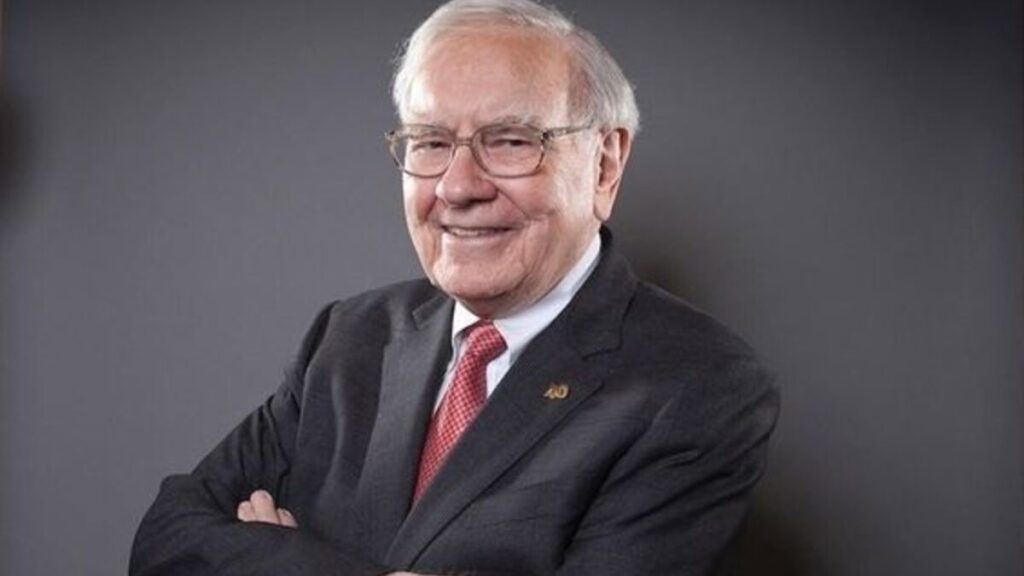Warren Buffett is the tenth richest person in the world and has revealed some key lessons he has implemented in his will. As the CEO of Berkshire Hathaway, his advice holds a lot of weight, and people are always eager to learn from one of the best.
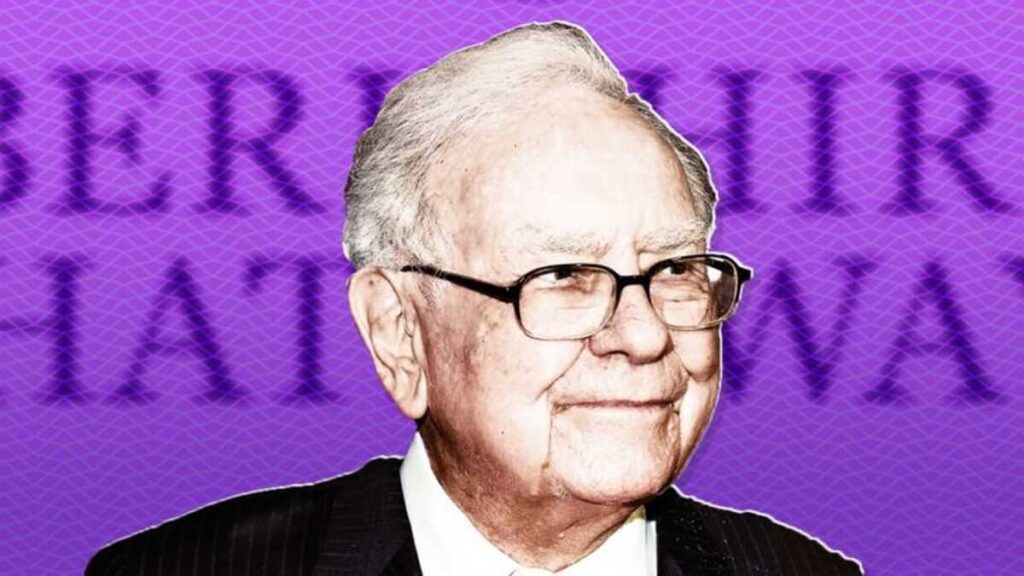
These key lessons can be learned by people of all wealth levels, as they do not apply only to the extremely wealthy.
Warren Buffett Shares Key Lessons
Warren Buffett is one of the wealthiest people in the world, with a net worth of $141.1 billion. Therefore, whenever he shares details of his financial life, people are always highly interested in what he says.
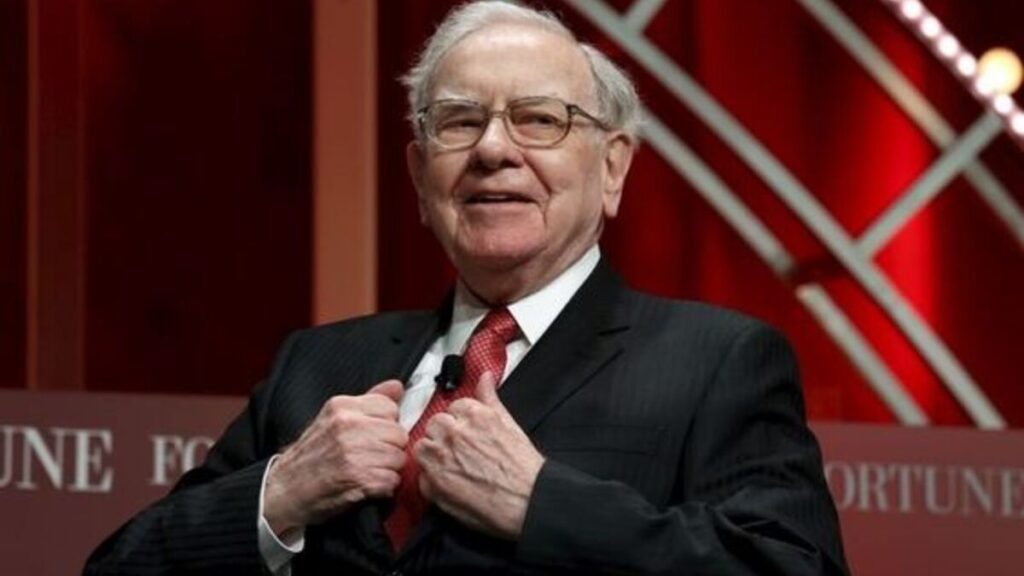
Most of the time, he shares strategies for making more money. However, earlier this summer, the Berkshire Hathaway CEO shared a lesson about how to give money. He reviewed his plans, Wall Street Journal, about what would happen with his wealth after he was no more.
What Does Warren Buffett Plan To Do With His Wealth?
Buffett promised to donate a significant portion of his wealth to many charities while still alive. One of those charities is the Bill and Melinda Gates Foundation. When he dies, his daughter and two sons will oversee the remainder of his billions, which are in Berkshire stock, and they will place them into a charitable trust.

All three children must unanimously decide which charitable organizations they want to donate to and how much they want to give out.
Buffet’s Trust in His Three Kids
Warren Buffett is very confident in the capability of three children to make good decisions with the wealth he leaves behind. He told the Wall Street Journal, “I feel very, very good about the values of my three children, and I have 100% trust in how they will carry things out.”

He also noted that he trusts all three children, and you can be sure that they will make good decisions as they respond to changes in laws and regulations for charity organizations in the future.
ALSO READ: Beyond Riches: Warren Buffett Reveals the One Thing More Valuable Than Money
Warren Buffet’s Foresight
Buffett’s plan is unconventional and unconventional, but there’s much one can learn from it. Even if you are not very rich and do not have millions or billions to give away, there is still something to take from this.
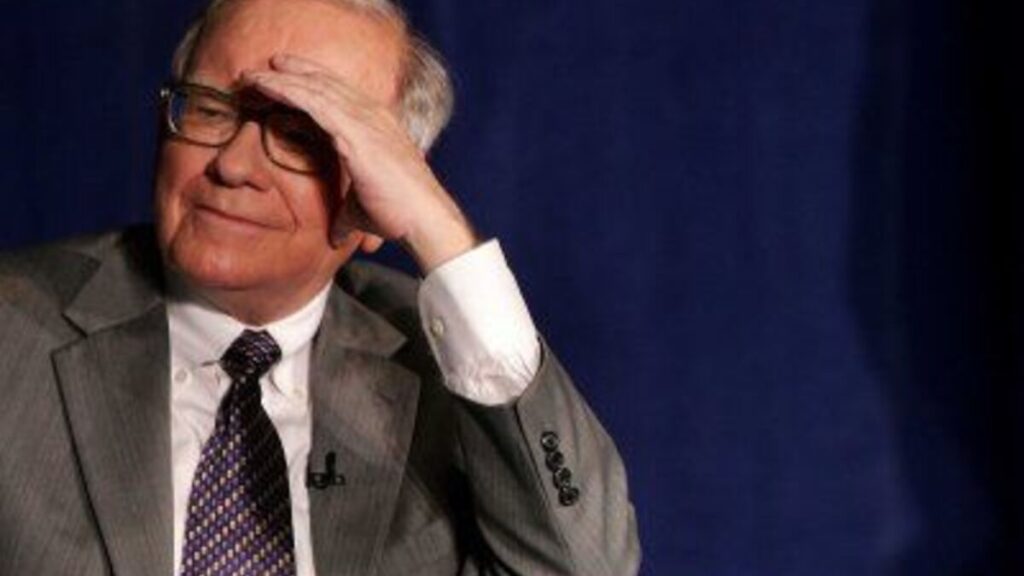
Jose Reynoso, the head of advanced estate and tax planning at Citizens Private Wealth, noted that Buffett has shown a lot of “forethought” and that starting early and planning out your wealth is a good idea.
What is Warren Buffett’s investment plan?
As the tenth richest person in the world, people have always wondered what Warren Buffett’s investment plan was. The answer to this is quite simple because the billionaire’s investment strategy has been constant over the past few decades.
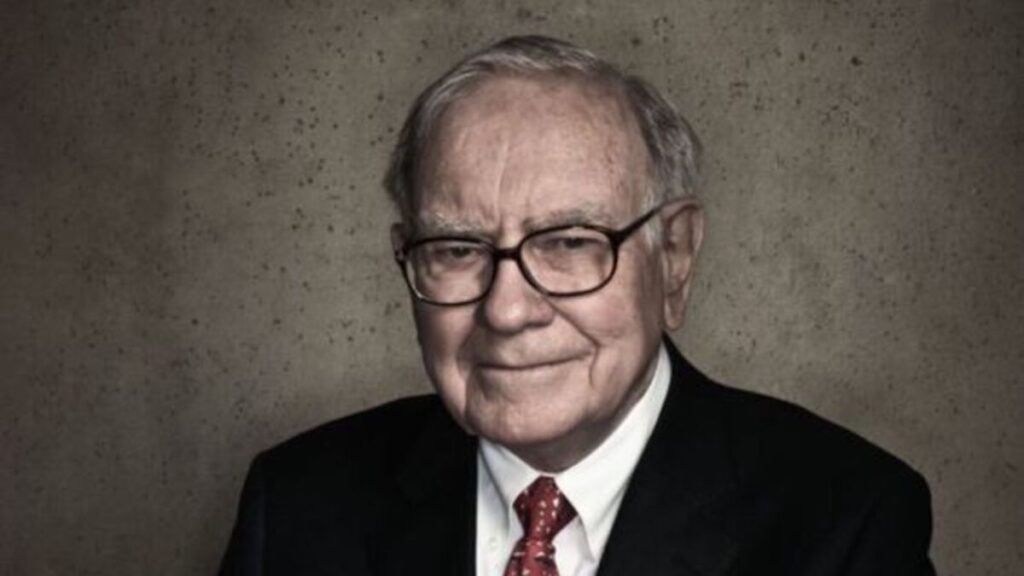
His main investment plan is centered around value investing. For many years, he found undervalued companies with strong potential for growth and invested in them for an extended period, eventually getting returns on his investment.
How To Get Rich According to Warren Buffett?
Warren Buffett gave several speeches and gave tips on how to get rich. Most of the time, he advises people to invest in themselves and what they know best. It also highlighted reinvesting profits, value investing, analyzing risks, being persistent and patient, setting clear, defined goals, and making informed and strategic decisions based on your goals.
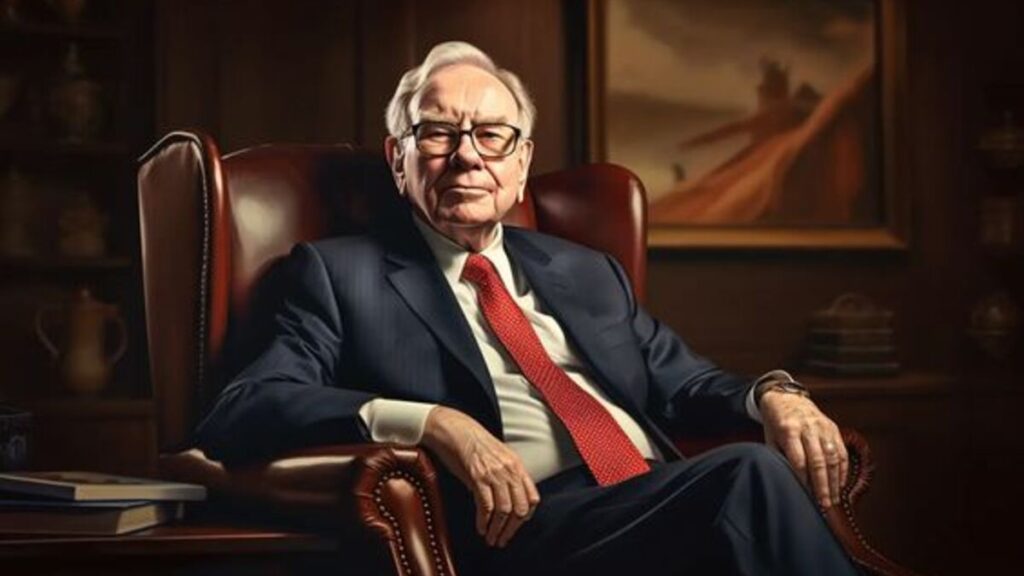
He also noted that people trying to build wealth should not have only one income stream and should always go for profitable investments.
How Did Warren Buffett Make His Money in the Beginning?
Warren Buffett is the proud CEO of Berkshire Hathaway, and his vast wealth demonstrates that he followed his principles to the core. According to Forbes, Buffett started building his wealth at the age of eleven when he first invested in the stock market. At age 13, he filed his first tax return.

During his teenage years, he made about $175 per month by delivering the Washington Post to adults and people who read the newspaper.
Why Do You Need an Estate Plan?
Even those who do not have a lot of property to pass down to their heirs can still have an estate plan. This simply means that you can decide what will happen in the event of a person’s death or possible incapacitation. Reynoso also said, “As a general matter, if you do not have an estate plan, the state will provide one.”
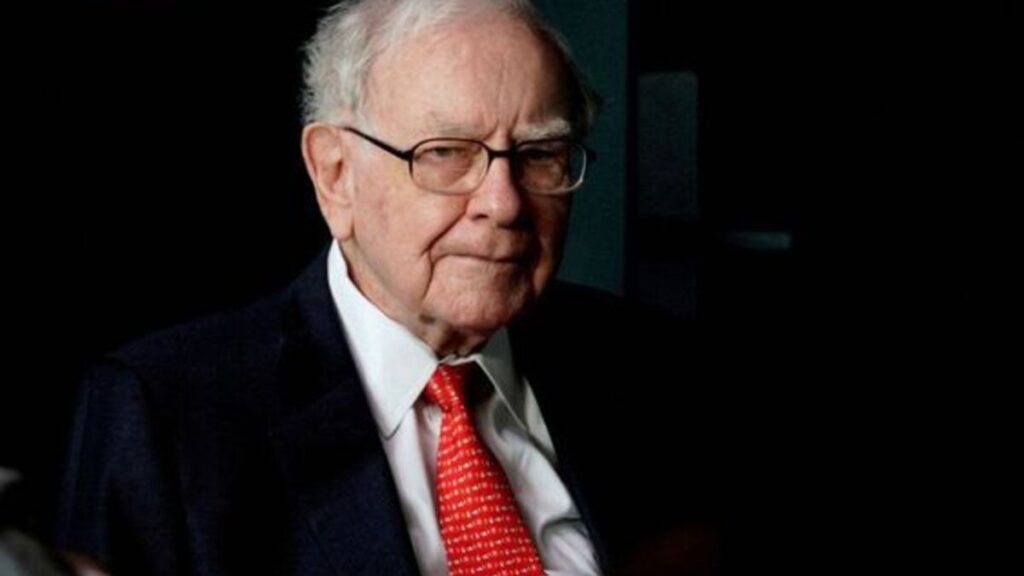
However, leaving this to the state, the financial decisions may not go how you may have wished.
ALSO READ: Warren Buffett’s T-Bill Holdings Surpass Those of the Federal Reserve
Plan Like Warren Buffett
Therefore, it would be wise for people to plan like Warren Buffett, regardless of their financial status. If you would like to pass your wealth to a charity like Buffett intends to do, you would have to set up a charitable trust.
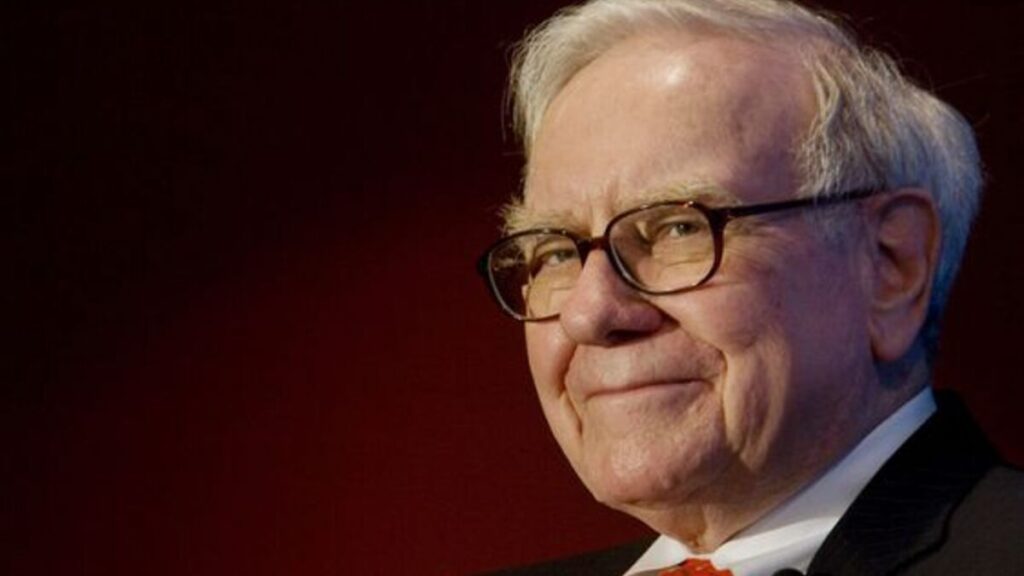
It is important to note that setting up a charitable trust is a costly option that only the very wealthy can afford. Therefore, if you cannot afford luxurious options, it is best to use a donor-advised fund.
Advice From a Certified Financial Planner
Nicholas Yeomans, a certified financial planner, estate planning specialist, and president of Yeomans Consulting Group, also advised those who needed it. He said wealth management is essential, and “so many Americans need to learn about these, and a lot of them still don’t understand them.”

He also advised people to invest in a donor-advised fund that would allow them to give money to charities they care about.
How a Donor-Advised Fund Works
A donor-advised fund (DAF) is not so hard to understand. It is an account that allows you to control the funds you want to give to charity. To open one, you must apply through a community foundation or the charity division of a brokerage firm like Schwab.

There is no minimum deposit value; people can deposit assets in money, stock, and real estate. As the donor, you can choose how to donate these assets.
Advice for Living Donors
Living donors can also receive immediate tax deductions for donating to the fund, but later, you can decide how the assets are shared. The person’s named successor can take over the account if the owner dies before determining how the assets should be shared.

If the assets in your fund appreciate in value like Warren Buffett’s, both the donor and the charity do not owe capital gains tax on every donation. If you are looking to plan your wealth appropriately, take these investment lessons from the billionaire.
You Might Also Like:
Popular Fast-Food Chains Raise Prices Following Minimum Wage Increase
Tesla’s Stock Price Declines Amid 2024 Struggles
Walmart Ends Major Partnership, Leaving Customers Frustrated
Walmart Gives Hope Against Possible U.S. Recession Following Home Depot’s Grim Warning

